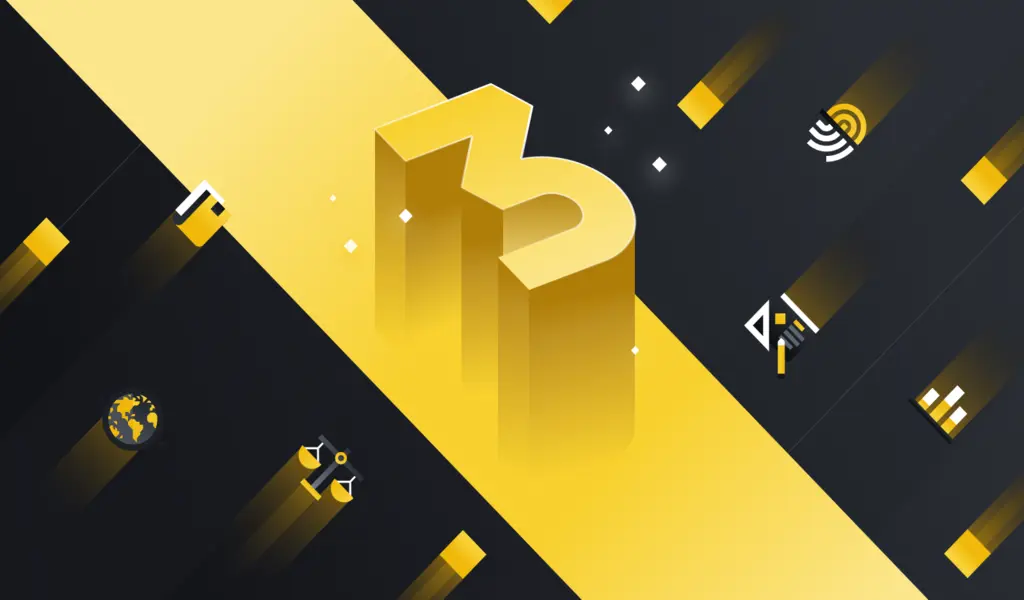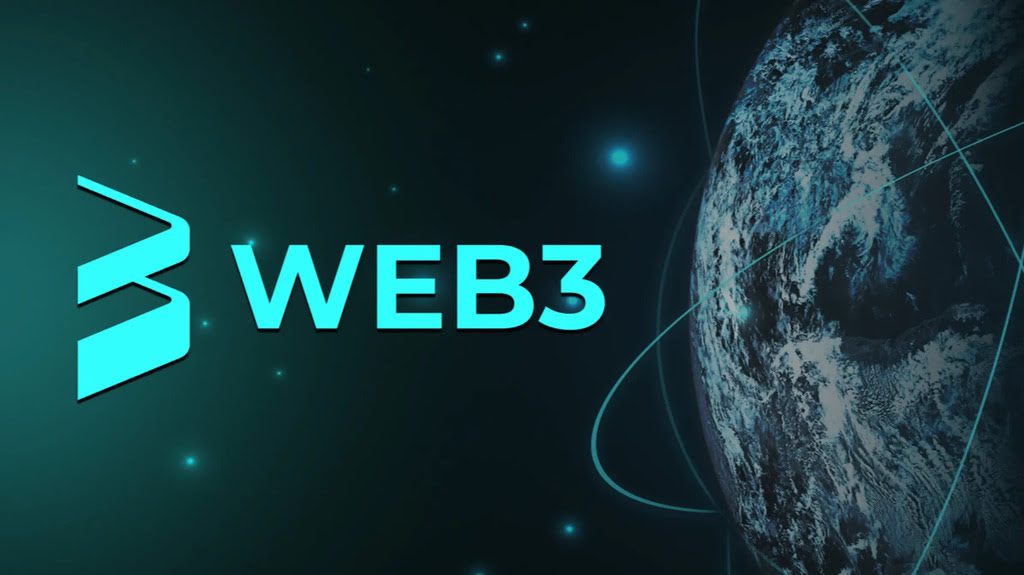The pace of innovation in the tech world rarely slows, but Web3 is driving excitement to new heights among developers. What’s causing this surge? Developers see Web3 as the next step in creating open, user-owned applications.
The concept of a web3 starter pack is now central for both newcomers and industry veterans who want to build secure, decentralized projects. As more people join the movement, key trends are making the Web3 space a magnet for creative talent.

Web3: The Momentum Driving Developers Forward
Developers across the globe are pushing into Web3 because it promises real ownership and permissionless participation. Recent surveys show a steady rise in developers working with blockchain tools, with thousands of new contributors jumping in each month. The energy comes from several directions:
- Fast-growing demand for trustless apps.
- Calls for privacy and more control over personal data.
- The appeal of breaking away from walled gardens and middlemen.
Web3 ecosystems are changing quickly. Every few months, new frameworks and standards pop up. To get up to speed, developers lean into resources like the ultimate blockchain developer starter pack, a practical guide that helps set the foundation for effective Web3 development.
Mainstream Adoption and Ecosystem Growth
Web3 buzz is no longer just a tech conversation. Industries like finance, gaming, and digital art are weaving in blockchains and decentralized features. Banks and payment processors are piloting new forms of asset management on public ledgers. Fashion and music brands are embracing NFTs for exclusive drops and proof of ownership. Even cities are experimenting with blockchain-based voting and records management.
Investors are pouring funds into projects that support these emerging standards. With so much energy from different industries, job opportunities and creative roles are expanding. Web3 has jumped from niche experiment to significant driver of tech conversations.
New Skills in Demand: The Web3 Developer Toolkit
Today’s Web3 developer needs more than just coding chops. The standard web3 starter pack stretches beyond basic programming. Essential skills include:
- Solidity or Rust for smart contracts.
- Security best practices to prevent costly exploits.
- Frontend tools that interact with blockchains, like web3.js or ethers.js.
Understanding decentralized application architecture matters. Developers must grasp token standards, on-chain data storage, and how to build user-friendly systems in a trust-minimized way. The toolkit is growing, and resourceful developers add new tools to stay relevant.

Essential Components of the Web3 Starter Pack for Developers
Getting started requires more than curiosity. For new or even seasoned developers, the right web3 starter pack contains tried-and-tested frameworks, open-source libraries, and a collection of learning resources.
A well-stocked pack gives developers the power to move fast, write reliable code, and join global collaborations. The must-haves include language support, developer suites, and thriving community hubs. The ultimate blockchain Web3 starter pack offers an in-depth look at these core elements, paving the way for a smoother entry into the world of decentralized apps.
Programming Languages & Frameworks for Web3
Most projects use a few favoured languages and frameworks. Picking the right ones sets a strong base.
Top Languages:
- Solidity: The main language for writing Ethereum smart contracts.
- Rust: Popular for security-focused blockchains like Solana and Polkadot.
- JavaScript (or TypeScript): Bridges frontend apps and blockchain backends.
Core Frameworks and Tools:
- Hardhat: Helps develop, test, and deploy Ethereum contracts.
- Truffle: Gives an all-in-one suite for building smart contracts.
- Remix IDE: Simple interface for fast testing and debugging.
- web3.js / ethers.js: Libraries for web applications to interact with Ethereum.
Learning these tools lets developers create, test, and launch decentralized applications with skill and confidence.
Learning Resources and Community Hubs
Tech changes fast, but Web3 shifts at lightning speed. Reliable learning resources make keeping up easy. Popular choices include:
- Video tutorials covering practical coding patterns.
- Open-source codebases offering real-world example dApps.
- Forums like Stack Overflow, Reddit’s r/ethereum, and Discord servers for direct support.
Community-written guides and collaborative hackathons help newcomers and veterans alike. Sharing knowledge forms the backbone of Web3—developers often solve tough problems together and quickly adapt to updates.
Key Takeaways:
- Use trusted resources to avoid security risks.
- Join communities to stay updated and get help.
- Contribute and share—everyone benefits from open code.
Conclusion
Tech developers are rushing into Web3, driven by a vision of a more open and user-empowered internet. Adoption rates are spiking, with hobbyists and professionals alike searching for the perfect Web3 starter pack to support their learning journey.
Success in this fast-moving world means having the right mix of languages, frameworks, and peers in your corner. As tools improve and new platforms arise, the best developers will keep sharpening their skills with updated resources and active participation in global communities.
Web3 isn’t just a trend—it’s shaping up as a central pillar for the future of technology. Developers who build their foundation now with a carefully chosen starter pack give themselves an edge and a voice in the next stage of online innovation.














